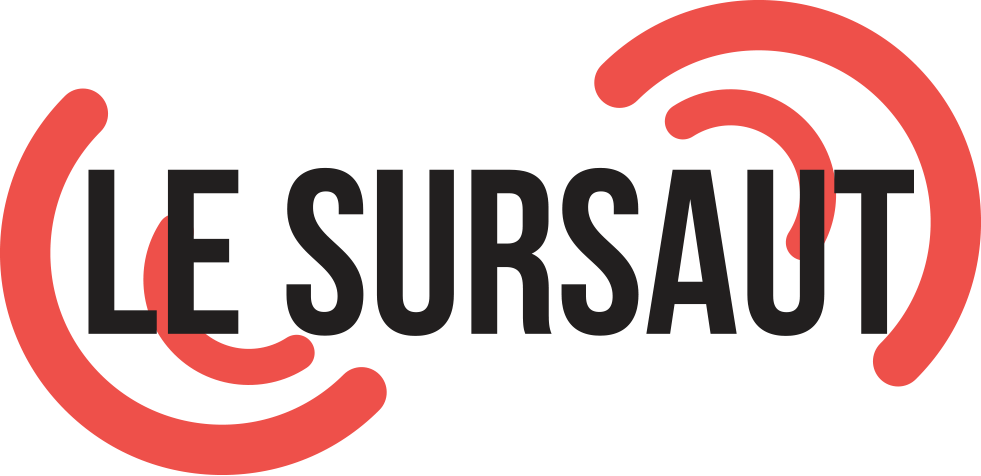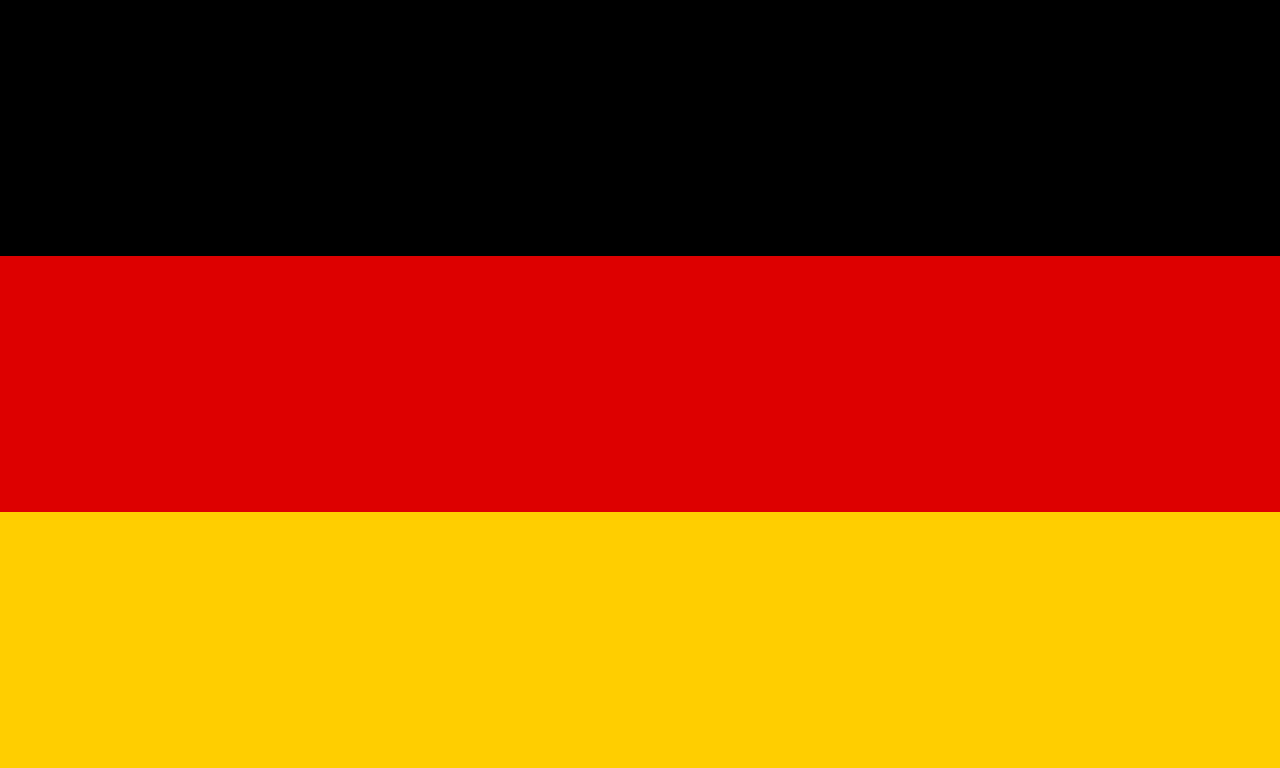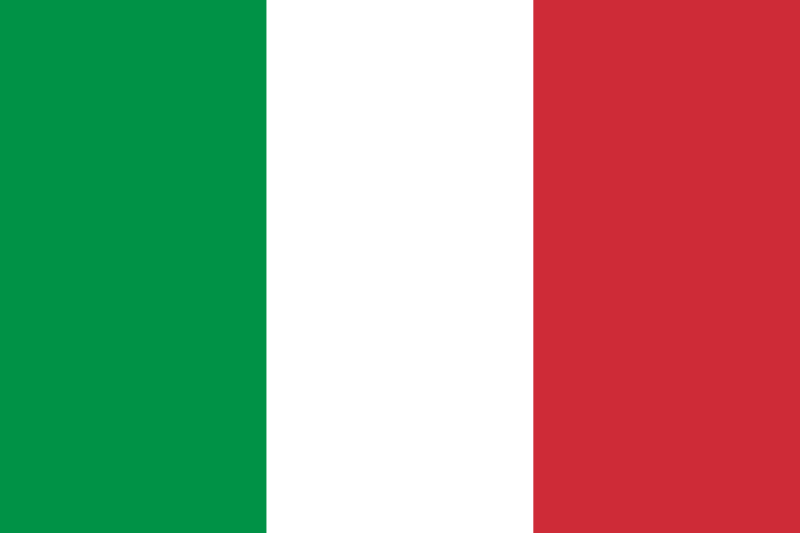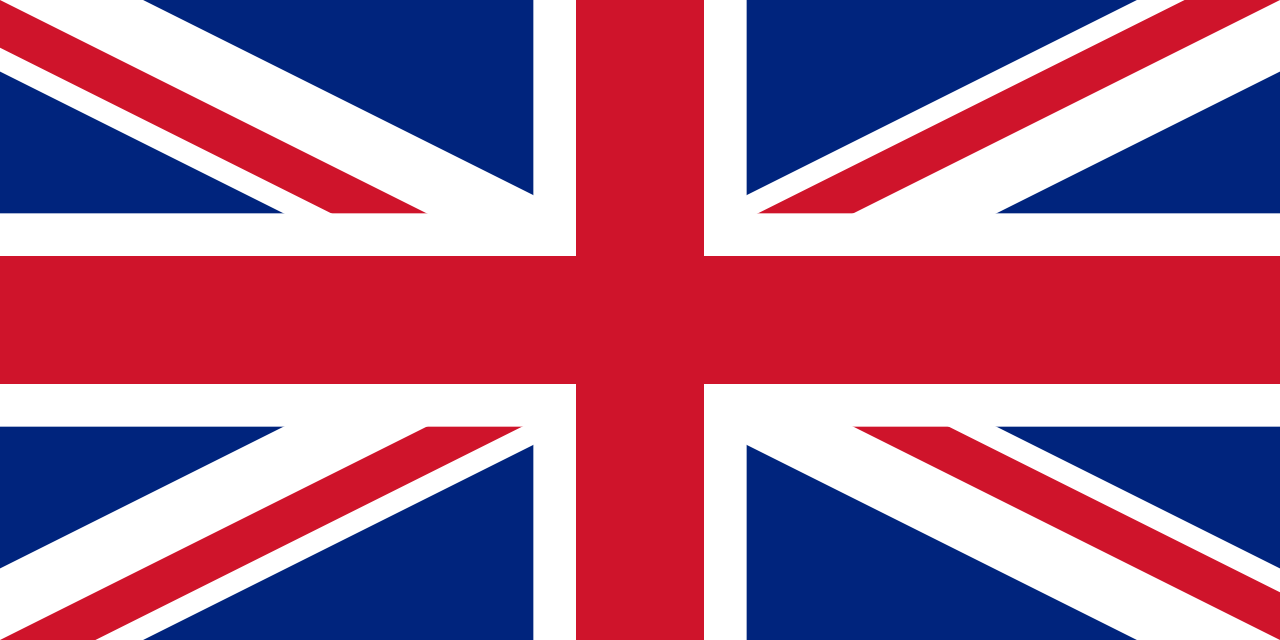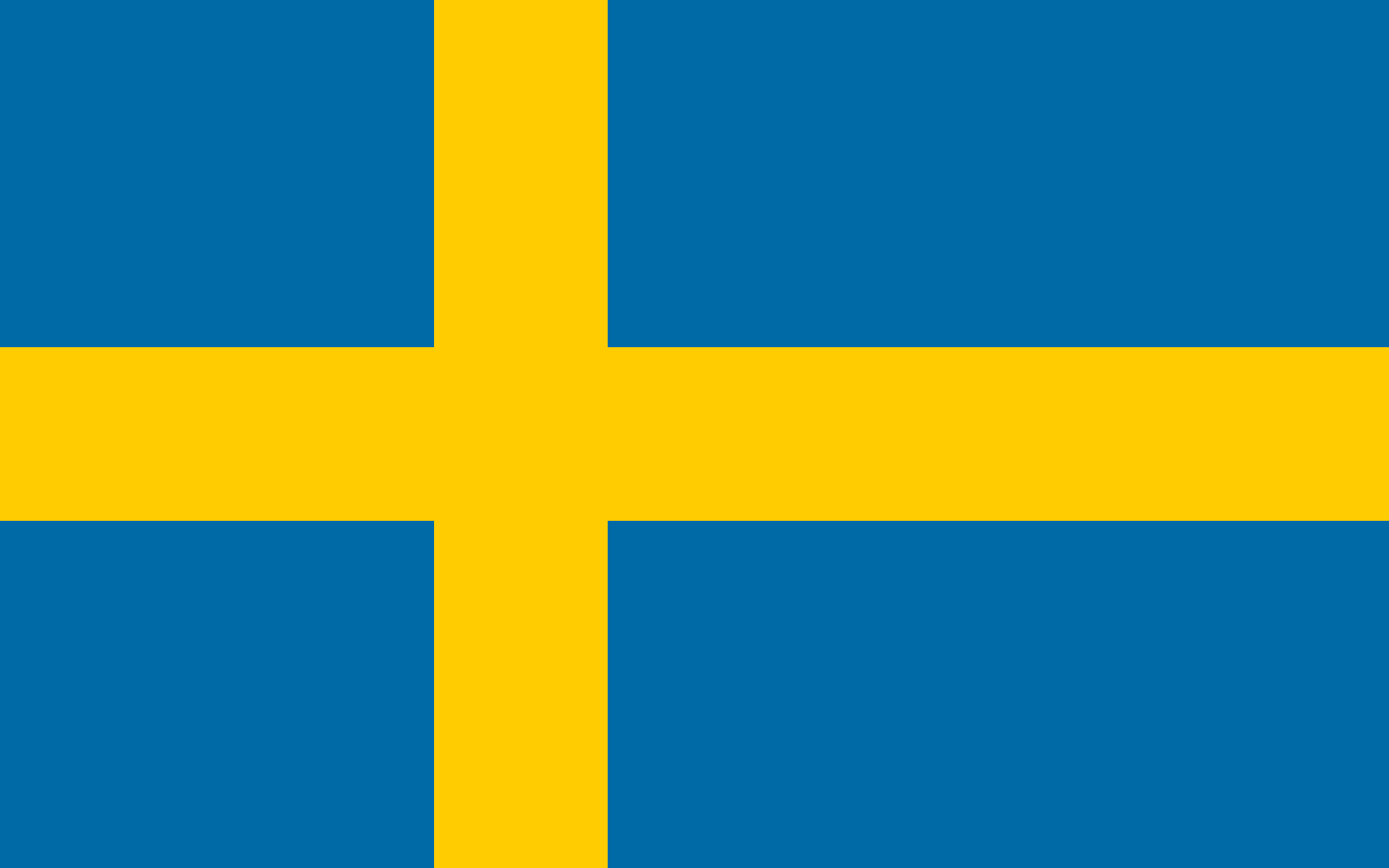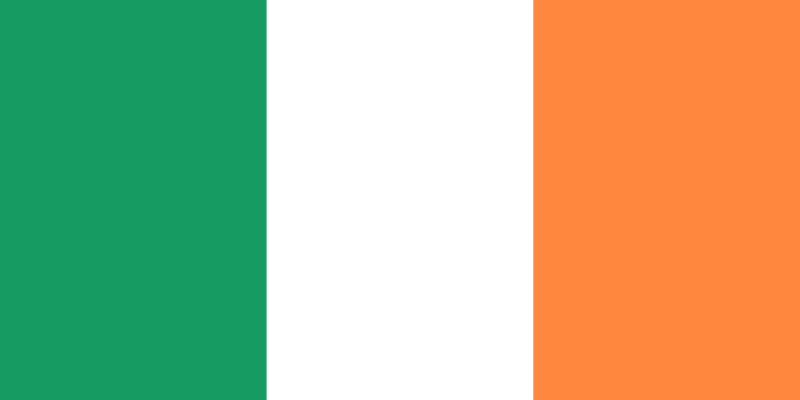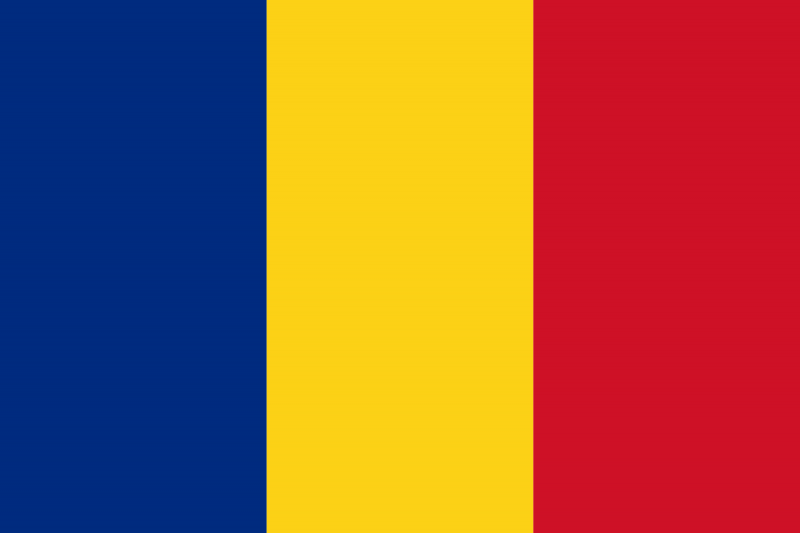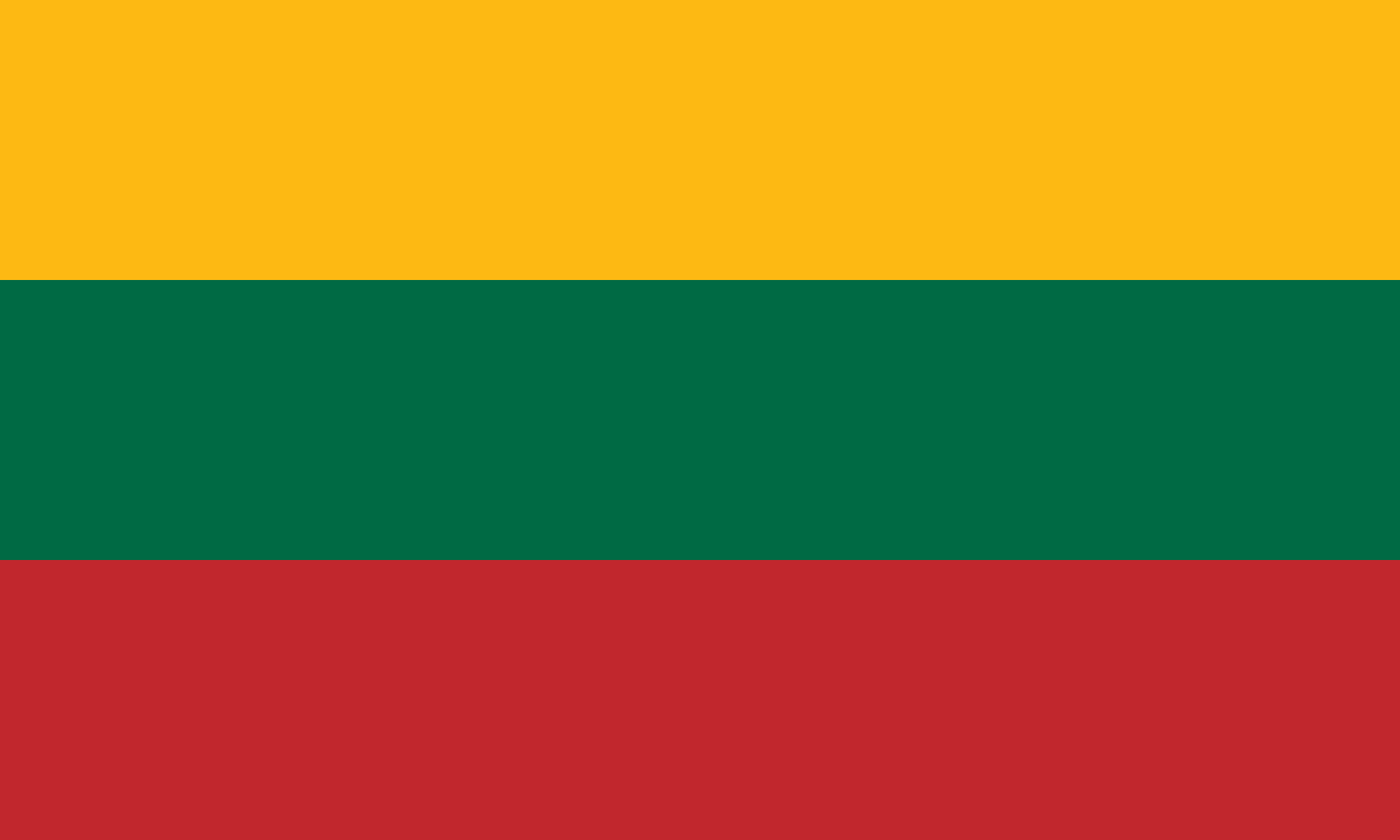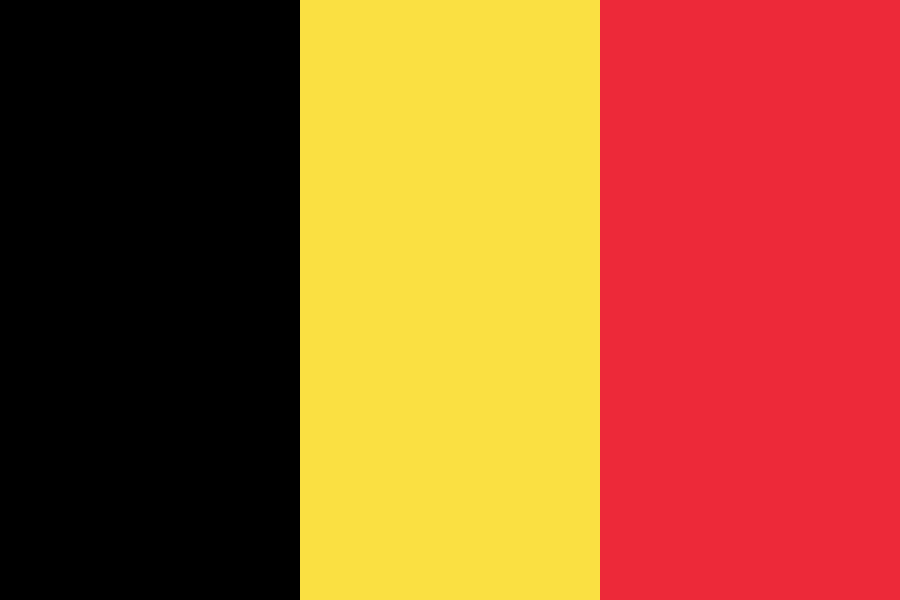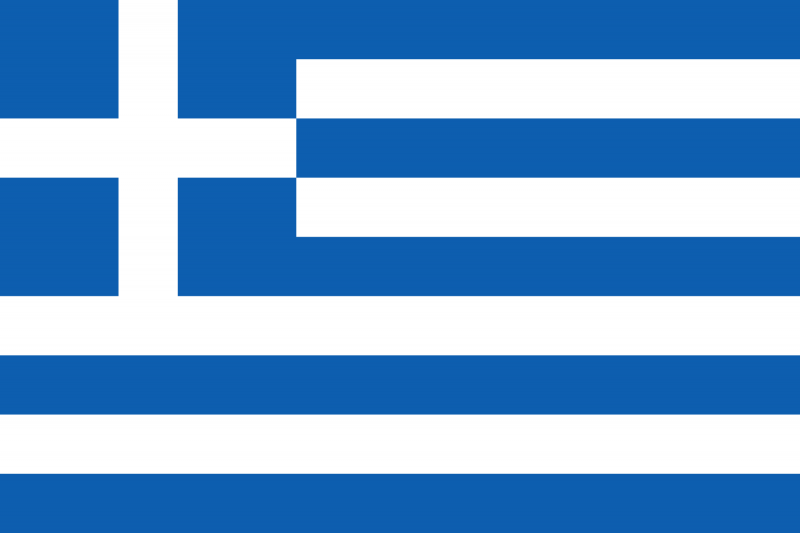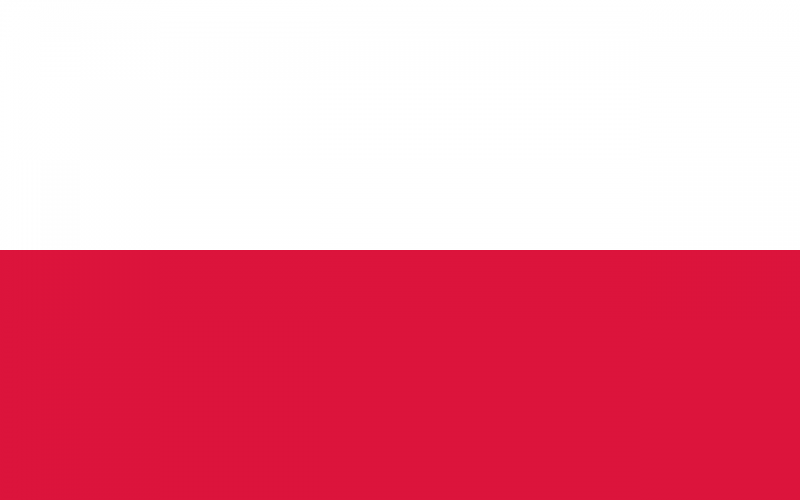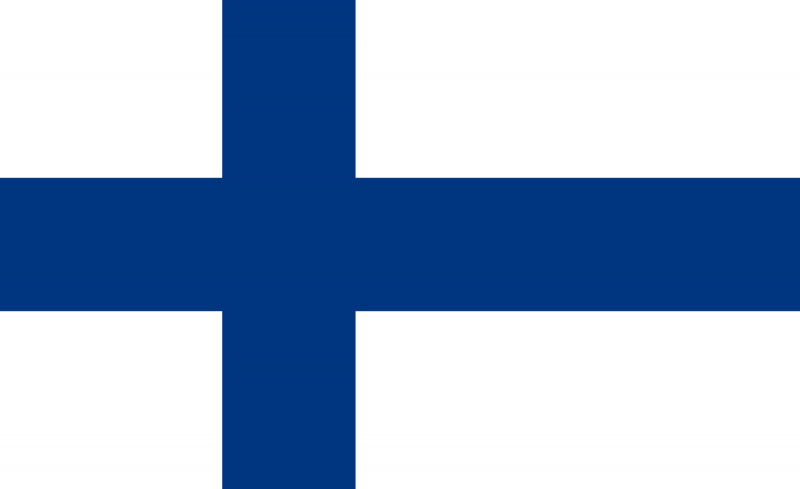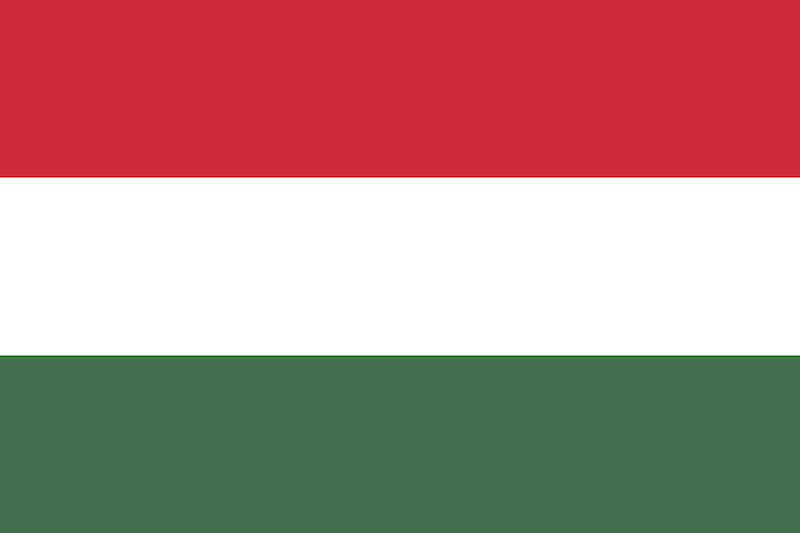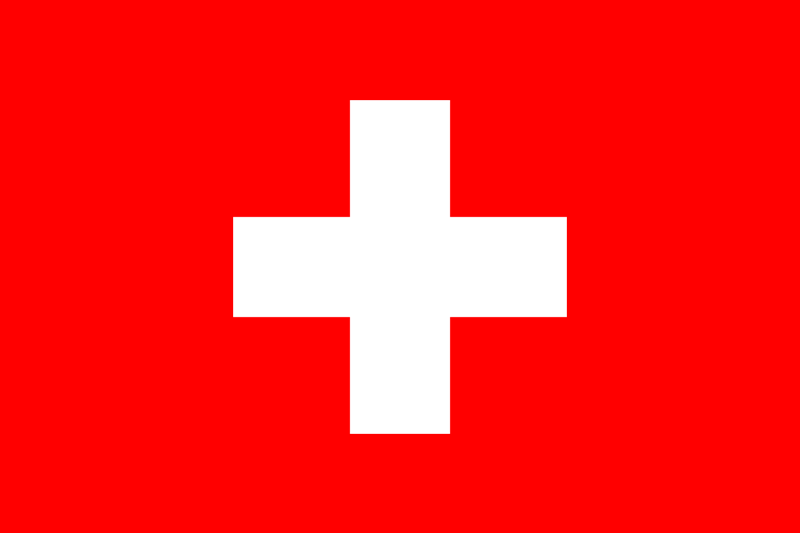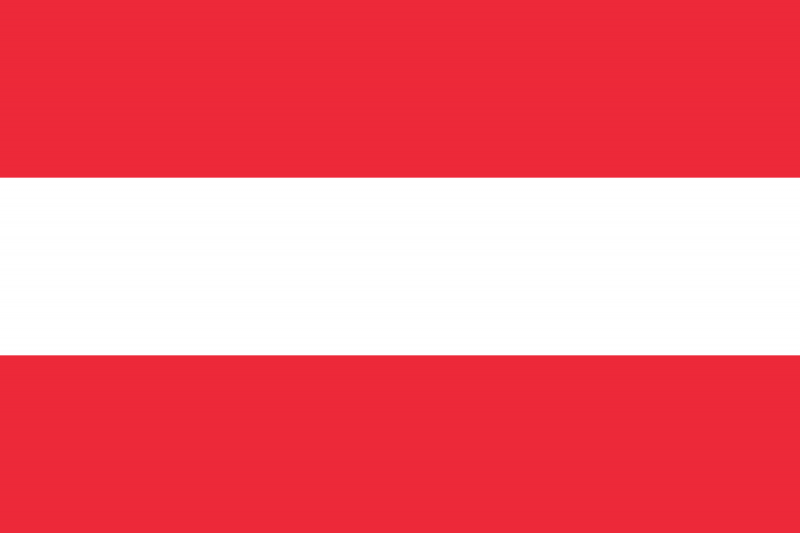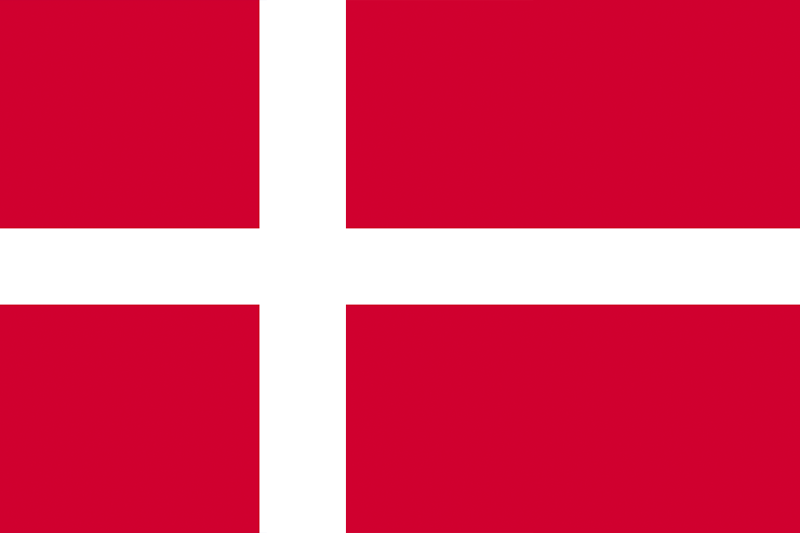 Denmark
DenmarkPopulism and extremism in Denmark: the songs of the sirens
Denmark has recently drawn a lot attention from its European and Western peers. In these troubled times, the Scandinavian kingdom has decided to adopt an openly unwelcoming stance towards non European migration, which is seen by some as conflicting with the traditional openness and universalistic values of the region. This gap between this idealised vision of Denmark and the actual tone of the national political debate even leads some prominent members of the civil society to declare themselves “ashamed of being Danish”. The question of the appropriateness of such a shame is still going strong in the progressive sphere of the country[1].
The difference between this perceived image of Denmark as social democratic utopia and the kingdom’s moderately conservative political reality is not remotely new. The unchallenged reign of Social Democrats is long gone, and conservative discourses have been prominent for the last decades. As for some other European countries, Denmark has had a noticeable far right political presence for several decades now.
Today, the Danish People’s Party (Dansk Folkeparti, DF) is the second largest party of the country, and is a big agenda setter. In the 1973 landslide election, a new radical right party, the Progress Party (Fremskridtspartiet), managed to become the second party of the country with an anti-establishment and fighting against tax burden line. In 1995, DF was created by former members of the Progress Party who thought the preservation of identity, and consequently the questions of immigration and integration, should be at the core of Danish politics. These are the two faces of DF: a moderately conservative economic discourse, and an openly restrictive stance on immigration which is edging towards islamophobia[2]. Moreover, it is also fiercely eurosceptic.
The integration of the “New Danes” is salient and paired with extremism
Despite an expansionist past, immigration remains a relatively new phenomenon in Denmark that leaves the national community disconcerted. For many years the Danish national state was very homogeneous without great ethnic cleavages. Immigration to Denmark started in the 1960s, when the need for labour of the growing industry was strong[3].
People of non European origin tend to be socially and geographically segregated, and are mostly concentrated near the bigger cities, especially in the suburbs of Copenhagen, Aarhus, Odense and Aalborg[4], and they live in so called ghettos, inter alia defined as a residential area having a level of immigrants higher than fifty percent[5]. As a matter of fact, this is a challenge to the integration of the New Danes in the Danish community, as the immigrants do not get in touch with the native Danish population. This might breed isolation and radicalisation among other things. Furthermore, the Danes see themselves as an ethnically and culturally homogenous people. This clan-like definition makes it hard to become a real member of the community without pre-existing connections to the country[6].
For example, the municipality of Randers voted that “the municipal institutions should follow the Danish culinary culture”, meaning that pork must be served in public canteens such as in schools and hospitals
But common political values prevent this clan identity to be an open basis for exclusion of others. The mainstream criteria to consider integration to the Danish society successful remains employment. In a country where the welfare state heavily relies on taxation, having a job is crucial to be seen as a contributing member of the community[7], and not as a “welfare tourist”. It implies that the migrants must be taught Danish so they can enter the job market, and that no discrimination should take place during the hiring process.[8]
However, we currently observe a gradual shift from this vision of integration towards more cultural assimilation. Following DF’s impulse, more and more politicians are demanding that the foreign populations follow a often stereotypical Danish way of life. For example, the municipality of Randers voted that “the municipal institutions should follow the Danish culinary culture”[9], meaning that pork must be served in public canteens such as in schools and hospitals.
These identitarian discourses remain non politically correct[10], especially in the municipalities that host of a foreign population who maintain the job market focus. It will be interesting to see how their position will evolve in relations with the confirmed cases of religious radicalization, such as in the neighbourhood of the Grimhøj mosque in Aarhus, or in the working class Nørrebro borough of Copenhagen where the perpetrator of the 14th of February 2015 shootings grew up.
These terrorist attacks were the work of one man, a Danish Jordanian 22 years old, who had reportedly pledged allegiance to the Islamic State the week before his actions. Although these attacks against a conference about blasphemy and freedom of expression and the Great Synagogue of Copenhagen made two Danish victims, they were not a game changer in Danish politics despite reinforcing identitarian and securitarian politics. This tragedy was not considered as solely targeting the kingdom per se, but was rather seen as bringing a confirmation that Denmark, as a part of a Western community of values, is also threatened by the rise of Islamic terrorism.
Populists do not own the issue of integration and radicalisation
The evolution of both the national, the European, and the international context towards more uncertainty and a feeling of unsafety creates a favorable context from the rise of a party such as DF. But this radical right party did not become the second political organisation of the kingdom only based on xenophobic discourses. It feeds of the difficulties of rural Danes who think that the mainstream politicians are forgetting them or see them as second class citizens. More broadly, they are gaining support while trying to label themselves as protecting the successful Danish welfare state and the social culture that developed around it from some perceived threats. One is the loss of sovereignty and leeway due to the European integration, the second is the non productive members of the society.
This focus on preserving a sometimes mythical model of society has being broadly adopted by most of the mainstream political parties. It shows the considerable weight DF in setting the general tone in the political arena. Today, most parties are officially targeting the non-productive members of the society, but the way they do it still reflects some distinct values. For example, the Social Democrats adopted a rather telling slogan for the 2015 general election: “If you come to Denmark, you must work”[11]. The message is clear, but they remained careful not to specify who is this “you” that lives in the country without contributing. This campaign reflects the unease of the Social Democratic Party to tackle the issue of immigration since their defeat in the 2001 general election.
Most right wing parties adopt clearer lines: the students, the non European immigrants and their families are a fiscal burden that should be alleviated. Students are targeted because all of them received a significant aid from the State and are sometimes seen as abusing the welfare system. But the most prominent target is noticeably the “New Dane” and the immigrants. Besides being designated as usually non productive elements of the society, they are growingly accused of being actively harming the Danish society.
There is no doubt that DF is the first party to accuse Muslim “New Danes” to sabotage the Danish society and to associate them all with radical Islam. But they are certainly not the only party to do it openly. The Conservatives (Det Konservative Folkeparti), a centre-right party, launched last year a rather puzzling media campaign against “nazi-islamism”[12]. It triggered a lot of reactions about the appropriateness of associating radical Islam with a totalitarian ideology, like Geert Wilders’ PVV does it in the Netherlands. This episode shows us how mentioning Islam outside the traditional welfare state lens has recently become a way even for mainstream parties to get some political attention.
However, the issue of the integration of the New Danes to the Danish society and the issue of religious radicalisation are not left to DF and some right wing parties. The Muslim population is not resigned to be stigmatised as second order citizens and actively participates to local politics[13] and consequently tries to counteract the effects of populist discourses. These responses can be seen in the civil society when looking at the positions of various artists and associations. In the political arena, one initiative is worth noticing: the National Party (Nationalpartiet). This party was founded in 2014 by a group of centrist of foreign descent. Despite having a relatively minor influence in the national political process, they manage to get some media coverage with an use of patriotic symbols and clear cut positions about extremism.
Finally, the public authorities make sure that the question of religious radicalisation is not left to party politics and the police. Despite being a unitary state, Denmark is profoundly decentralised. It explains why both the questions of integration of new populations and of radicalisation are partly left to the municipalities (county-like unit of governance). The city Aarhus offers a unique example a counter radicalisation programme based on individual mentoring and social and psychological assistance. This programme is getting a lot of attention from countries around the globe, including from the White House [14].
Sources:
[1] Andersen, Hans (2016): Danskerne skal ikke skamme sig over asylpolitikken, on: www.dr.dk.
[2] Politiko (2008): Thulesen Dahl erklaerer DF antimuslimsk, on www.politiko.dk.
[3] Bejder, Peter (2016): Indvandring til Danmark efter 1945, on: www.danmarkhistorien.dk.
[4] Udviget af Danmarks Statistik (2015): Indvandrere i Danmark, on: www.dst.dk.
[5] Udlaendinge-, Integrations- og Boligministeriet (2015): Liste over ghettoomrader pr. 1 December 2015, on: www.uibm.dk.
[6] Østergård, 1992:24.
[7] Christiansen, 2007:36.
[8] Beskaeftigelsesministeriet (2015): Alle skal bidrage, flygtninge og indvandrere skal ud pa danske arbejdspladser, on: www.bm.dk.
[9] BT (2016): Vedtaged med en stemmes flertal, on: www.bt.dk.
[10] Larsen, Thomas (2016): Oproret fra hojre ulmer i Danmark, on: www.politiko.dk.
[11] Politiken (2015): Socialdemokraterne lancerer ny indvandrerkampagne, on: www.politiken.dk.
[12] Jorgenssen, Steen (2015): Konservative erklaerer krig mod ‘naziislamisme’, on: www.jyllands-posten.dk.
[13] Togeby, Lise (2008). “The Political Representation of Ethnic Minorities”, Party Politics, vol. 14, no. 3, pp. 325-43.
[14] Knudsen, Lillian; Bohn; Mathias: Aarhus-Borgmester skal laere Obama om anti radikalisering, on: www.dr.dk.
